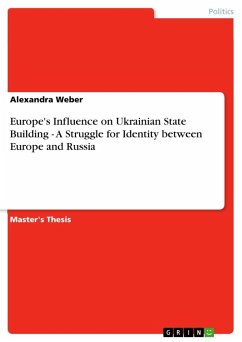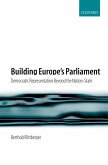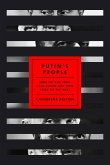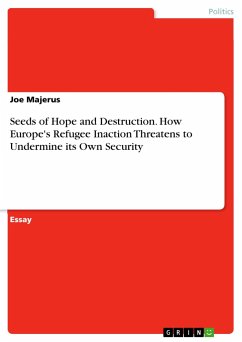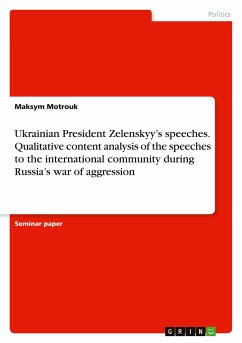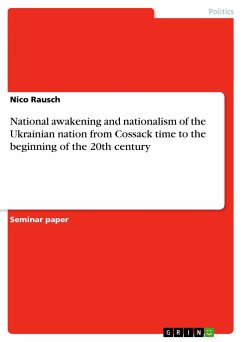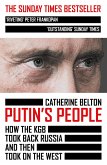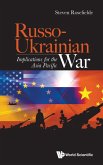Master's Thesis from the year 2006 in the subject Politics - Region: Eastern Europe, grade: 1,3, University of Hamburg (Departement für Wirtschaft und Politik), language: English, abstract: Up to today the realities in Post-Soviet space are defined by the search for state and national identity in contrast to the former peripheral existence during the Soviet past. From the very beginning of their independence the newly independent states were afflicted with different problems resulting from the ambiguous situation of quasi sovereignty but still strictly Moscow centralised rule. A regime change always demands great flexibility in ideas of these who have to deal with the remains of the past and the results of the breakdown in order to find an adequate approach to the new realities. It is therefore not astonishing that in account to the various economic and social constraints in the different Newly Independent States, each was in search of its own way to deal with the problems of state-building, acceptance of the international community and Russia's attempts to dominate the former sphere of influence.The analysis will deal with the special case of Ukraine's emancipation from the USSR heritage and the historic dominance of an imperial Russia. The focus of analysis will be put on the processes of state-identity building in the framework of Central and Eastern European Countries (CEEC), Western Europe and the EU, as well as the context of Russian foreign policy towards the 'Near Abroad'. The subject is especially relevant today, since a wave of 'colourful' revolutions has taken place on the territories of some former Soviet republics in the past to years, showing that the political processes of forming a nation are still hard to predict in that region. The important change that goes on in the former Soviet republics, including Ukraine, is the transition from the main foreign policy objective of the 1990s - either to escape from Russia or to stay. Now, the question seems to be: 'Where to go?'. Ukraine, during the events of November-December 2004, the so-called "Orange Revolution", seems to have chosen a new quality of nation state identity - the Euro-Atlantic orientation in the international arena. In the following work, Ukrainian state identity building in the sphere of influence of two major world powers, the European Union and Russia, will be in the focus of social and political analysis. The approach is aiming at developing a better understanding of the Ukrainian situation which can be metaphorically be described as that of a "shock absorber" between Russia and the European Union (EU) in many perspectives.

